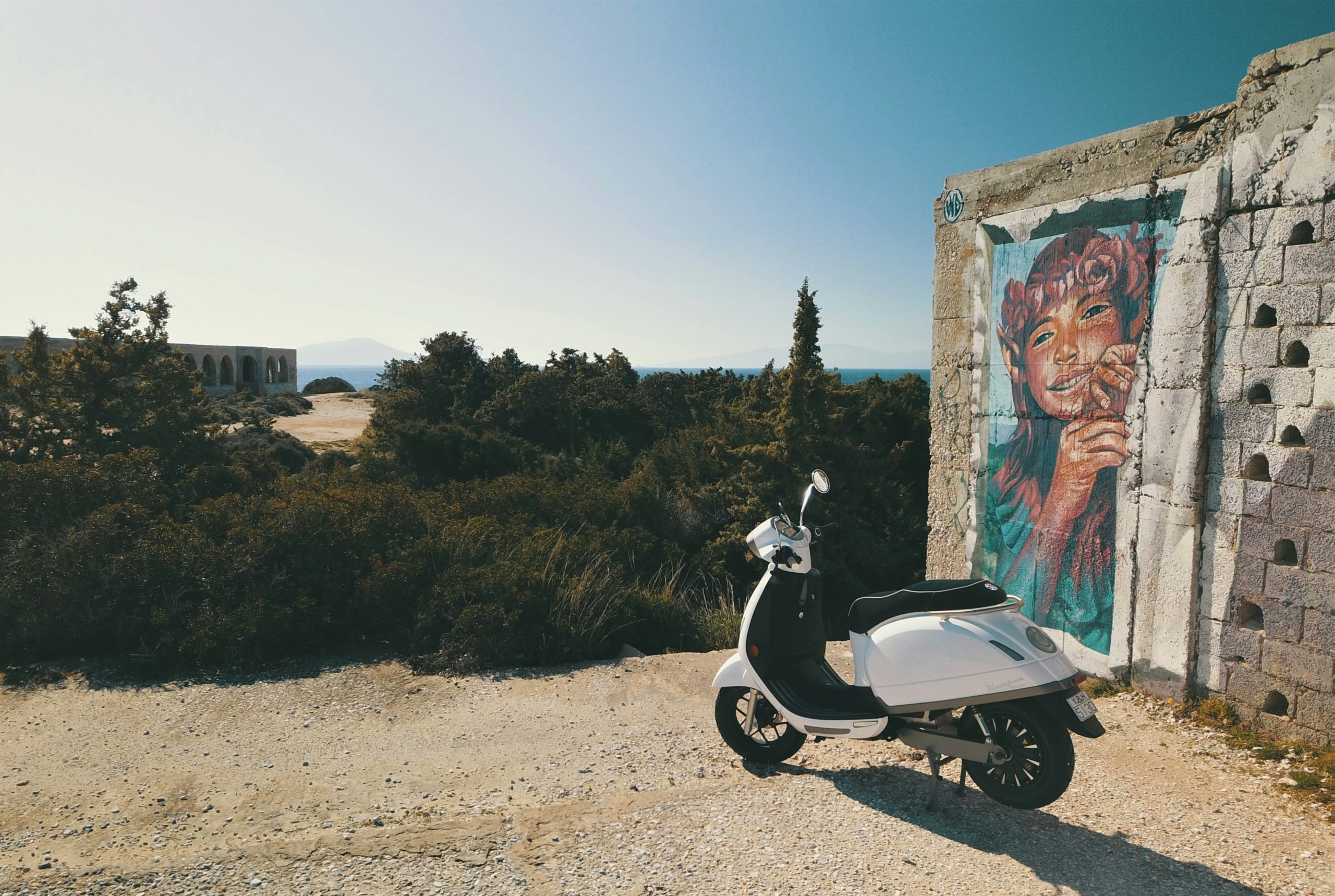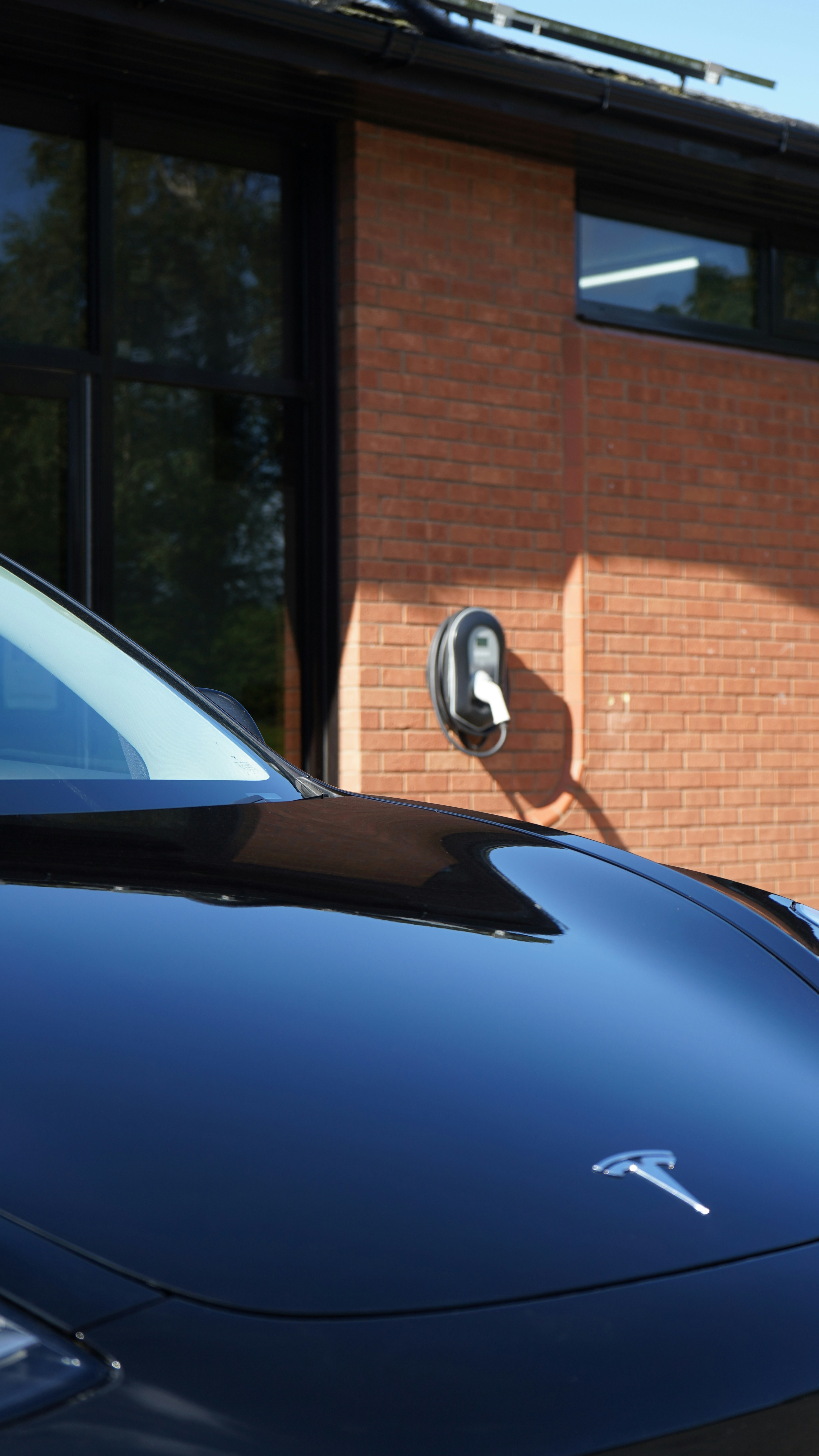Hey there! If you’re considering renting a pontoon boat for your next day out on the water, you may be wondering if there are any limitations to using an electric motor. While electric motors are a great environmentally-friendly option, there are some factors to consider before making your decision. From battery life to speed capabilities, this article will explore the potential limitations of using an electric motor on a rented pontoon boat. Let’s dive in and find out more! Are There Any Limitations To Using An Electric Motor On A Rented Pontoon Boat?
Are you considering renting a pontoon boat for your next outing but wondering if there are any limitations to using an electric motor on it? Let’s dive into the details to help you make an informed decision.
Understanding Electric Motors on Pontoon Boats
When it comes to pontoon boats, electric motors are becoming a popular choice for many boaters. These motors are more environmentally friendly, quieter, and require less maintenance compared to traditional gasoline motors. Additionally, electric motors provide a smooth and steady ride on the water, making them ideal for leisurely cruises.
Benefits of Using an Electric Motor on a Pontoon Boat
Using an electric motor on a pontoon boat comes with several benefits that can enhance your boating experience. These benefits include:
- Environmental friendliness: Electric motors produce zero emissions, making them an eco-friendly option for boaters who want to reduce their carbon footprint.
- Quiet operation: Electric motors run quietly, allowing you to enjoy the serenity of being out on the water without the noise and fumes associated with gasoline motors.
- Low maintenance: Electric motors have fewer moving parts than gasoline motors, resulting in lower maintenance costs and less time spent on upkeep.
- Smooth ride: Electric motors provide a smooth and steady ride on the water, making them an excellent choice for leisurely cruises and fishing trips.

Limitations to Consider When Using an Electric Motor on a Pontoon Boat
While electric motors offer many benefits, there are a few limitations to consider as well. It’s essential to weigh these limitations against the advantages to determine if an electric motor is the right choice for your pontoon boat rental.
Battery Life and Charging
One of the main limitations of using an electric motor on a pontoon boat is battery life and charging. Electric motors rely on batteries to operate, and the runtime of the motor depends on the battery’s capacity. It’s crucial to consider the battery life of the electric motor and how long it will last on a single charge, especially if you plan to be out on the water for an extended period.
Range Limitations
Another limitation to using an electric motor on a pontoon boat is range limitations. The range of an electric motor is determined by factors such as battery capacity, boat weight, and cruising speed. It’s essential to be aware of the range of the electric motor you’ll be using to ensure it meets your needs for the duration of your boating trip.
Speed
While electric motors provide a smooth and quiet ride, they may not offer the same speed capabilities as gasoline motors. If speed is essential to you, you may find that an electric motor does not provide the acceleration and top speed you desire on the water.
Weight Capacity
Electric motors are generally lighter than gasoline motors, but they still add weight to the pontoon boat. It’s essential to consider the weight capacity of the pontoon boat and ensure that the added weight of the electric motor and batteries does not exceed the boat’s limits.
Tips for Maximizing Your Electric Motor Experience on a Pontoon Boat
If you decide to use an electric motor on a rented pontoon boat, here are some tips to help you maximize your boating experience:
Choose the Right Battery
Selecting the right battery for your electric motor is crucial to ensuring optimal performance on the water. Consider factors such as battery capacity, voltage, and weight when choosing a battery for your pontoon boat.
Monitor Battery Life
Keep an eye on the battery life of your electric motor to avoid running out of power while out on the water. It’s essential to plan your boating trip accordingly and recharge the batteries as needed to avoid any interruptions.
Plan Your Route
Mapping out your boating route can help you maximize the range of your electric motor and ensure you have enough battery power to get back to shore. Consider factors such as distance, cruising speed, and any stops you plan to make along the way.
Practice Conservation
To extend the battery life of your electric motor, practice conservation techniques while out on the water. Avoid unnecessary acceleration, maintain a steady speed, and minimize idling to conserve energy and maximize runtime.
Carry a Backup
To be prepared for any unexpected battery issues, consider carrying a backup battery or generator while out on the water. Having a backup power source can provide peace of mind and ensure you can safely return to shore if needed.

Conclusion
In conclusion, while there are limitations to using an electric motor on a rented pontoon boat, the benefits often outweigh the drawbacks. Electric motors offer a quiet, eco-friendly, and low-maintenance alternative to gasoline motors, making them an excellent choice for leisurely cruises and fishing trips. By understanding the limitations and following the tips provided, you can maximize your electric motor experience and enjoy a smooth and enjoyable boating outing on a pontoon boat.






